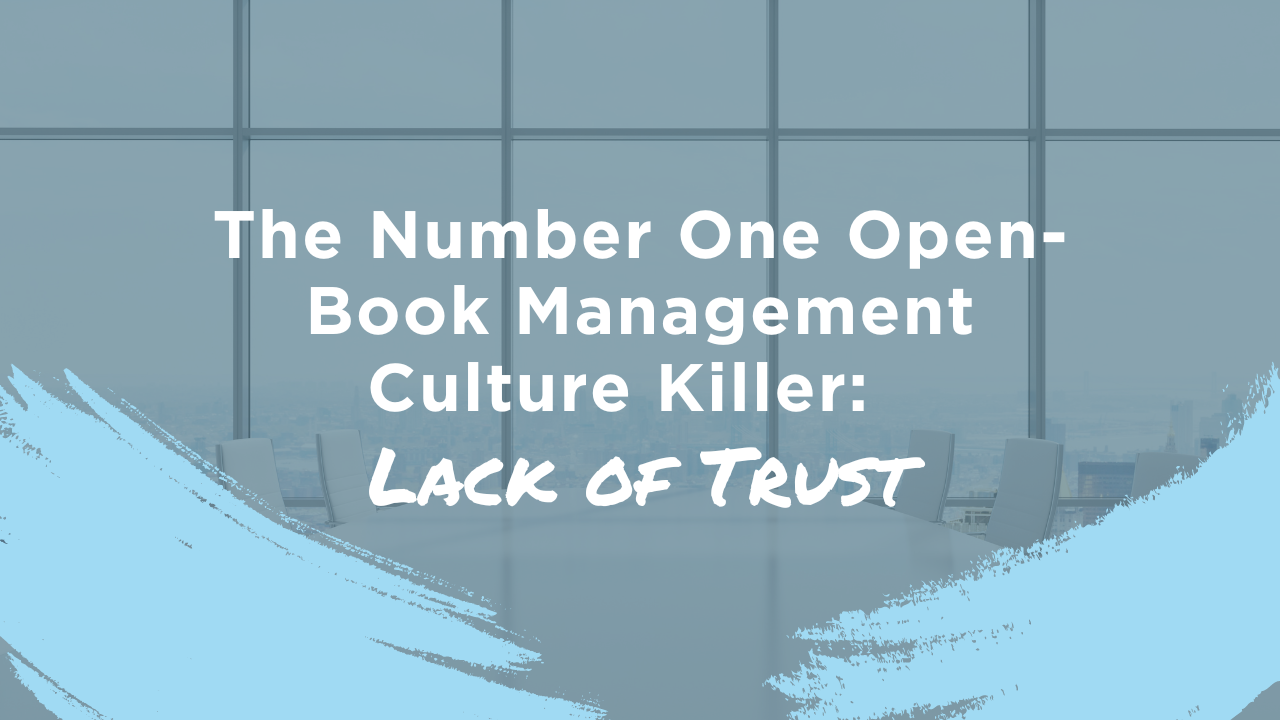You’re attending the annual Gathering of Games! This event is designed for you; to give you as much as we can in what little time you have away from our organization. Many attendees have told us that they most benefit from the conference with what we call a track system. Previously, we have identified the first three tracks for you to follow based on what you are hoping to get the most out of the conference.
Read More
If you have ever wondered how to help create a more effective and engaged workforce, you’re not alone. So many managers, owners and leaders within companies wonder that very same question. In fact, even line employees ask that same question. Let’s explore this idea through a brief but important journey on building a more effective team. Here’s what many people (myself included) frequently asked:
Read More
Co-authored by Trudi Saul I recently came across a statistic that said employees spend more than 31 hours a month in unproductive meetings - talk about a time suck! How is a daily huddle any different? Well for starters, it’s quick and to the point. You review the most crucial elements of the business and discuss anything else offline.
Read More
Co-authored by Eugene Rios The most commonly asked questions we get with The Great Game from non-practicing organizations are these: What if the competition gets a hold of our numbers? I don’t want the employees to know how much profit (or loss) the company generates. How can we play The Game when we have multiple locations? How can we have a weekly huddle when most of our employees work remote? This won’t work for us because we are a union shop. Each of the above questions can be easily diffused.
Read More
Co-authored by Randell Wallace
Read More
Nearly every day, a business owner makes the personal decision to retire. That’s an easy decision to reach in principle. But what about the specifics? The concrete plan? Figuring that out can be overwhelming.
Read More
Workers want a good salary and other financial rewards, but non-financial rewards for employees may be just as important – sometimes more so – in encouraging employees to give their best effort. Through the years, open-book companies like New Belgium Brewing (a craft brewery located in Fort Collins, CO) and Tasty Catering (a full-service caterer out of Chicago, IL) have learned how to best incentivize and motivate employees in creative and meaningful ways — without merely handing out money.
Read More
If you’re considering selling or transitioning out of your company, you’ve certainly worried about the future of your organization. One of the most stressful parts of selling your company is the valuation – the process that puts a dollar-value on all of your hard work. Here are the three levels of valuation you should understand before selling your business:
Read More
Co-authored by Mark Banks Do either of these two scenarios sound like your company? The hard-earned time, energy and money that went into creating a work culture for performance is starting to fall apart. The new implementation of open-book management isn’t gaining any traction. If either of these sounds familiar, you may be suffering from the number one open-book management culture killer: lack of trust.
Read More
We’re excited that you will be joining us for the Gathering of Games. Often attendees go into this annual conference with a clearly defined goal in mind, whether it’s learning more about a specific topic, or gathering ideas to tackle a nagging issue. With that in mind, we have developed a series of tracks surrounding the three central themes of the Great Game as well as three topical tracks for a total of six tracks. Here, we offer a sneak peak of the first three tracks, and full details are below.
Read More

.png)















.png)




-5.png)

